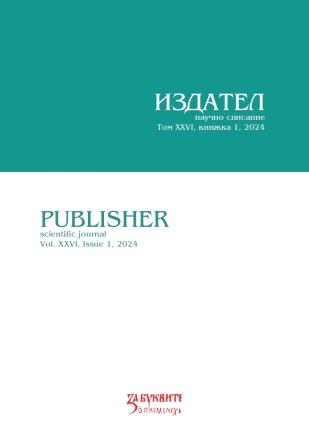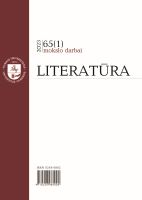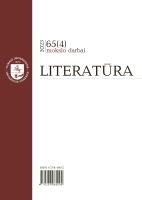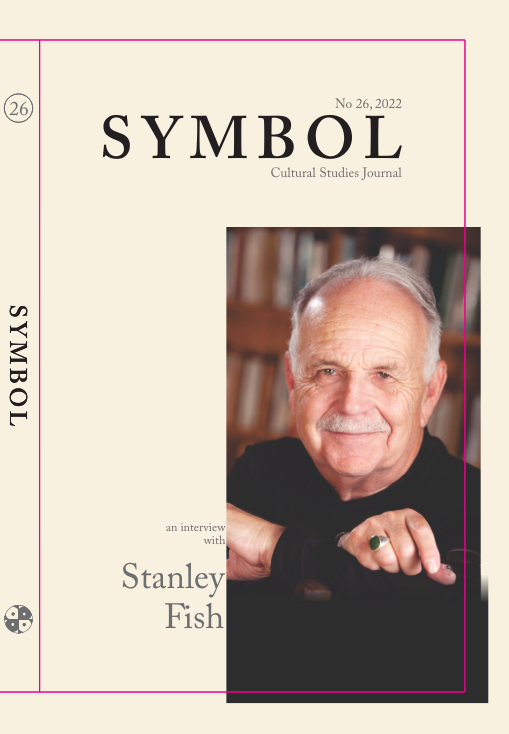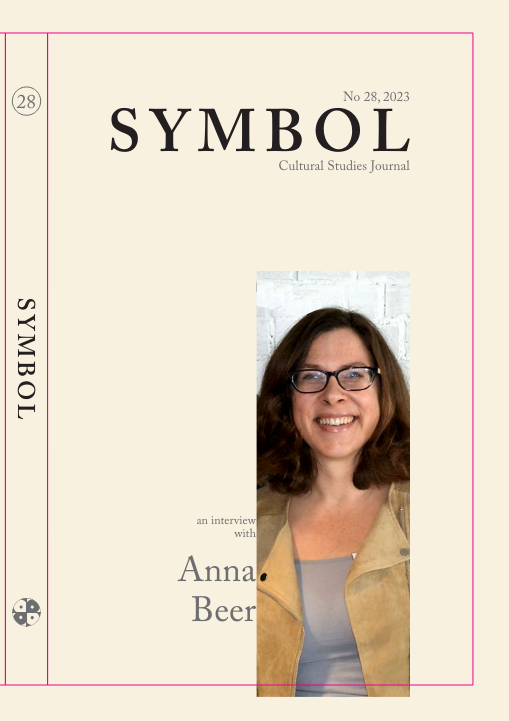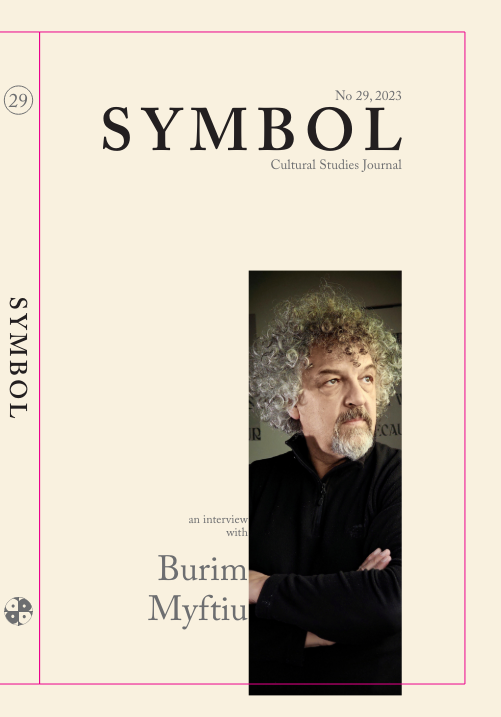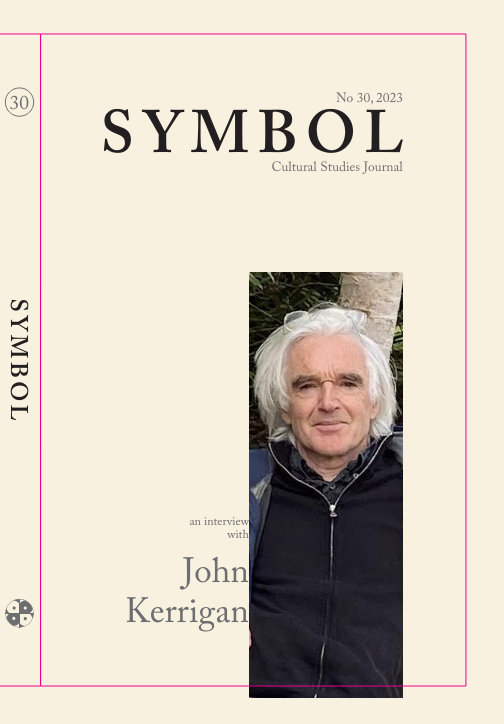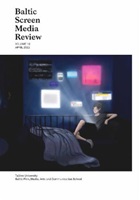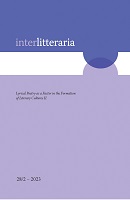Author(s): Žydronė Kolevinskienė / Language(s): Lithuanian
Issue: 1/2023
The article presents the years of work of the literary scholar, Professor Vanda Zaborskaitė at Vilnius University and at Vilnius Pedagogical Institute from 1966 to 1994. The famous activity of Vilnius University Department of Lithuanian Literature, along with the witch-hunt which led to Zaborskaitėʼs arrival at the Pedagogical Institute, is well-documented and extensively reflected upon. The main sources of the article are the minutes of the Department of Lithuanian and Foreign Literature of Vilnius Pedagogical Institute (later renamed as Lithuanian University of Education), as well as the published ego-documents of Vanda Zaborskaitė – her correspondence published in the book This is me, I write... (2019) and her diaries presented in the book Dienoraščiai 1941–2010 (2019). The archives of the Department of Lithuanian and Foreign Literature are stored in Vilnius, at the current Academy of Education of Vytautas Magnus University. Vanda Zaborskaitėʼs personal file in this archive contains 100 pages. The years of work at Vilnius Pedagogical Institute, her knowledge of the school life, as well as her desire to reform the schools of the already independent Lithuania contributed significantly to Zaborskaitėʼs commitment to the work with teachers and schools, along with the involvement in Lithuanian education. The nearly three decades of the work of Professor Vanda Zaborskaitė at Vilnius Pedagogical Institute reflect both her personal change and Lithuaniaʼs move towards freedom. Although, of course, in spirit, she remained first and foremost a representative of Vilnius University and the department which was being dismantled at the time. However, her firm position, exceptional competence, high criteria for literary education, uncompromising opinion, encouragement of critical thinking and confidence allowed the people of the Department of Lithuanian and Foreign Literature of the Pedagogical Institute to unite for the future of the school, for the survival of the studies of the Lithuanian language because, for her, the studies of the Lithuanian language represent the consciousness of ‘Lithuanianness’. The issue raised in the article is reflected in the quote by Vanda Zaborskaitė in the title: “to go beyond the boundaries of what is painful.” The author of the article is interested in what kind of boundaries Vanda Zaborskaitė crossed, and how she did that. Are all boundaries crossed? And how does the (non-)crossing of boundaries create new boundary situations?
More...
